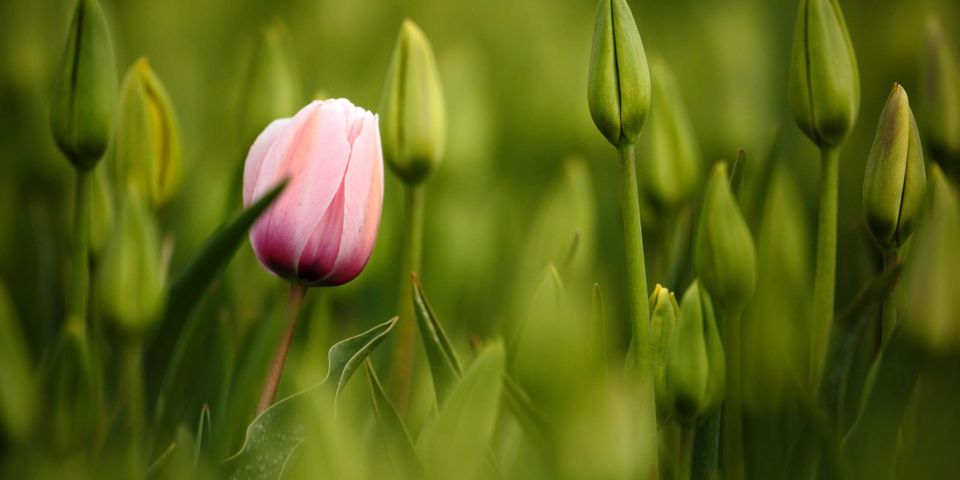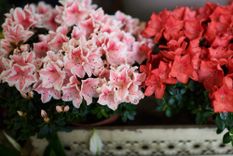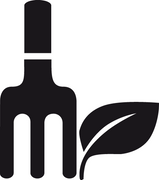
As a property owner, you want to ensure your home is beautiful from all angles. However, if you own a pet, your landscape needs to be a safe home for your furry friend and their occasional plant-nibbling habits. To avoid plants that might harm your companion, keep the following species out of your spring landscaping plans.
3 Plants That Are Not Pet-Friendly
1. Lupines
This flowering shrub is mainly found in three varieties—Lupinus polyphyllus, Lupine articus, and Lupinus nootkatensis—each of which thrives in landscaping at high elevations, in gravel, and even on dry slopes. The blooms appear as blue, purple, or white spikes in spring and summer and can reach up to four feet in height. If eaten by your pet, the seeds of this plant are especially toxic. The alkaloids within lupines can lead to a slow heartbeat and breathing, fatigue, and convulsions.
2. Azaleas
 These vibrant flowers are part of the rhododendron family and come in a wide variety of colors, from deep purple and red to the white “Alaska” azalea. If your furry friend gets ahold of this bloom—even if they only eat a few leaves—they may experience drooling, diarrhea, and vomiting. If you don’t take your pet to a hospital or veterinarian immediately, they could enter a coma, and the results may be fatal.
These vibrant flowers are part of the rhododendron family and come in a wide variety of colors, from deep purple and red to the white “Alaska” azalea. If your furry friend gets ahold of this bloom—even if they only eat a few leaves—they may experience drooling, diarrhea, and vomiting. If you don’t take your pet to a hospital or veterinarian immediately, they could enter a coma, and the results may be fatal.
3. Tulips
While especially common in spring landscaping, the allergenic lactones in tulips are dense in the bulbs—the part buried underground. Therefore, if your dog likes to dig, they’re especially at risk of the dangers of tulips. After eating or even just chewing the bulb, your pet will feel irritation in their throat. Eventually, they may begin throwing up, excessively drooling, or having diarrhea. If your pet eats a substantial amount, their heart rate and breathing may accelerate.
If you want to beautify your property and take care of your pet, turn to the landscaping contractors at Down to Earth Landscaping & Snow Removal of North Pole, AK. They know what plants will thrive in your garden without endangering your companions. Once planted, they can also help maintain your plantings, providing fertilizing, weeding, and trimming services. For more information on their work, visit the website or call (907) 488-4232 to speak with an expert.
About the Business
(17 reviews)
Have a question? Ask the experts!
Send your question

